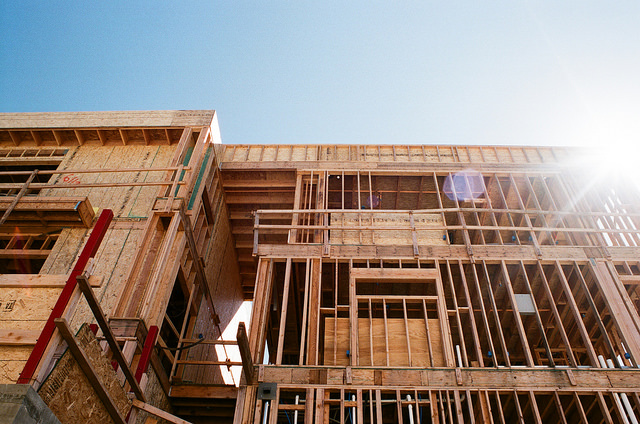4 New Provisions in CGP Are Wins for Boston Builders
Massachusetts is one of several states in which builders and developers must pull a Construction General Permit (CGP) any time their work affects over an acre of land — or less than an acre when working on a portion of a larger development site. The authorizing body in charge of issuing CGPs is the Environmental Protection Agency (EPA), and there had been some doubt about the state of new regulations based on the Trump White House’s assertion that new regulations should only be instituted if two old ones are eliminated.
Nevertheless, the EPA has issued the 2017 CGP in time to make sure that 2012 permits did not expire, as they must be renewed every five years. The new CGP went into effect on February 16 and will stand for the next five years. There are some important changes to be aware of — several of which will benefit Boston builders.
- You Don’t Have to Publish SWPPPs Online: Though there had been talk of making builders put their Stormwater Pollution Prevention Plans up on the internet, the EPA ultimately decided against this costly rule. This will also help you keep confidential business information and documents private. You still have to present documentation to the EPA upon request, but this isn’t anything new.
- You Don’t Have to Worry About Joint SWPPPs in Developments: For anyone working on those smaller lots within a larger development, the idea of trying to coordinate with all the other builders is a logistical nightmare. Though this was also discussed, it didn’t make it into the final permitting, so you only have to worry about having your own ducks in a row, not anyone else’s.
- The Notice of Intent Hasn’t Been Changed: This is a win for developers working on smaller projects. They don’t have to provide any additional detail about acres of impervious surfaces and other reports that would have made a small job a lot harder. This change had been in the works, but thankfully it was scrapped this time around.
- Tighter Stabilization Timelines: While inspection timelines are the same as in the past, the EPA decided to shift to a 7-day stabilization timeline for projects disturbing over five acres at a time. On the bright side, this creates an incentive to work in pieces and only disturb less than five acres at a time to take advantage of the 14-day timeframe.
While the new CGP isn’t perfect for builders, there are positives to come out of it. Be sure to review the new Construction General Permit and check out what the National Association of Homebuilders (NAHB) has to say about it to make sure you’re ready and in compliance with these changes for your next Boston building project.

